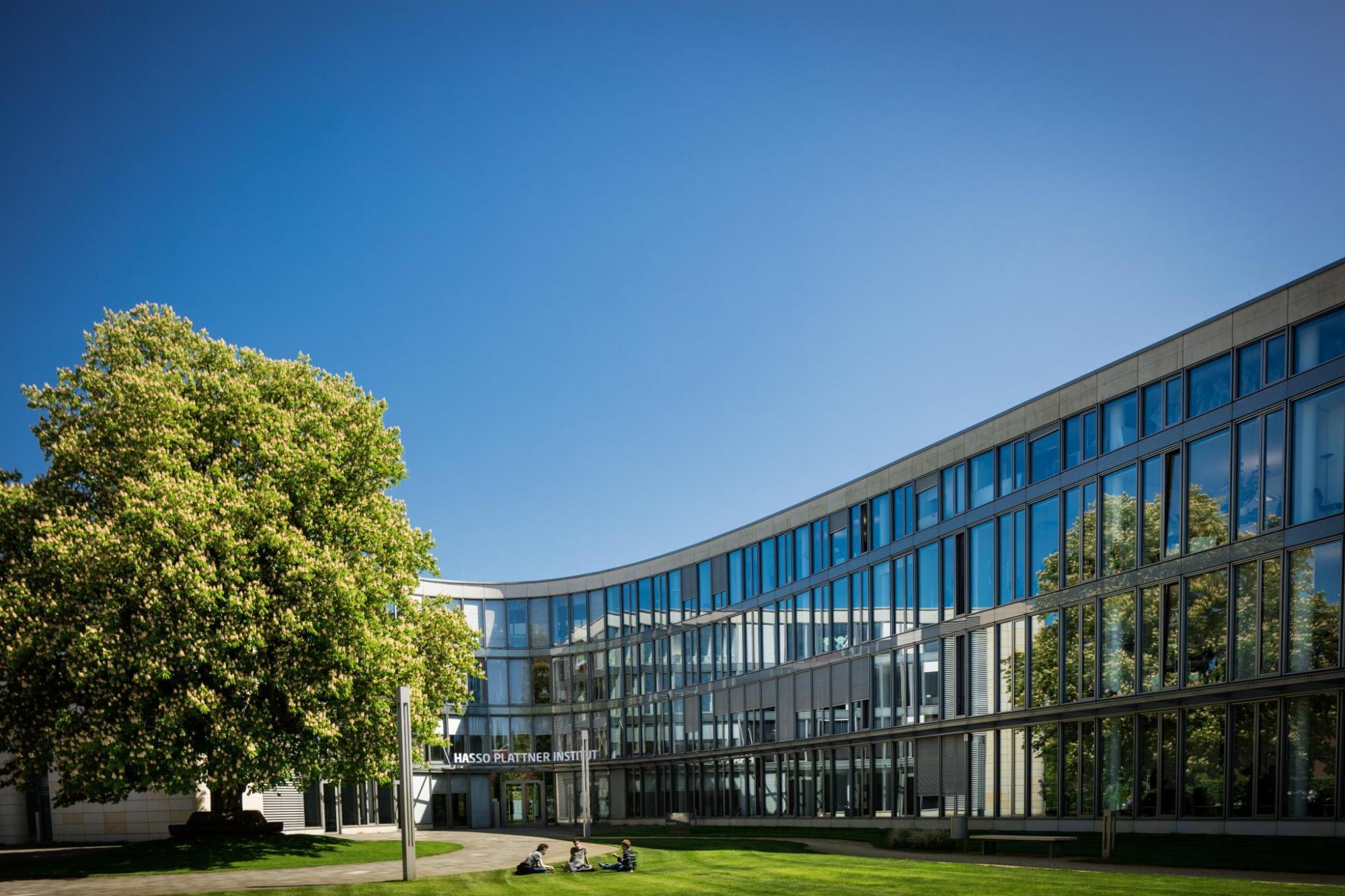Neurodesign is a field of academic research and practice exploring synergies at the intersection of (1) digital engineering, (2) neuroscience and (3) design thinking: creativity · collaboration · innovation.
Neurodesign advances worthwhile engineering innovation. This means working towards novel solutions that are ethically sound and desirable in terms of basic human needs. The solutions take into account who we are as humans, they are mindful of the human psychology and physiology. To this end, it is important to not only study technology, but just as much the human side in the development and handling of technology.
Here is one example: Neuroscientific research shows that people work well together in a team when their body physiology synchronises. In that case, the brain waves, heart rates and skin conductance of team members synchronize, and team performance is enhanced. One major causal pathway to foster physiological synchronization is joint, coordinated body movement. However, present-day technology for remote work – like videoconferencing systems – immobilizes people. One conversation partner cannot even hand over a pencil or something to drink to the remote interaction partner, and members of a remote team do not walk to the office or cafeteria jointly. In this sense, remote work technology can be improved to better address fundamental human needs. Amending the systems so that interaction partners can experience some forms of coordinated body motion helps teams to find a joint “wavelength” and perform better together.
Beyond the development of worthwhile engineering innovation, neurodesign is also concerned with a better understanding of creativity, collaboration and innovation in general. Neurodesign has evolved as a branch of design thinking, which is an approach to ethically sound (“human-centred” or "planet-centred") innovation, invoking radical collaboration across disciplinary boundaries. As a characteristic feature, neurodesign makes extensive use of digital engineering means (e.g., automation of measurements, machine learning) and neuroscience · biology · psychology to elucidate the phenomena in question.
Neurodesign is an emerging and thriving global initiative that engages universities, labs, and institutions on several continents. At the Hasso Plattner Institute (HPI) of Potsdam University, neurodesign is taught and practiced at the Digital Engineering Faculty. Being the academic home of the HPI School of Design Thinking and the HPI Academy, the HPI has a long tradition in offering cutting-edge innovation education, research, and practice.

